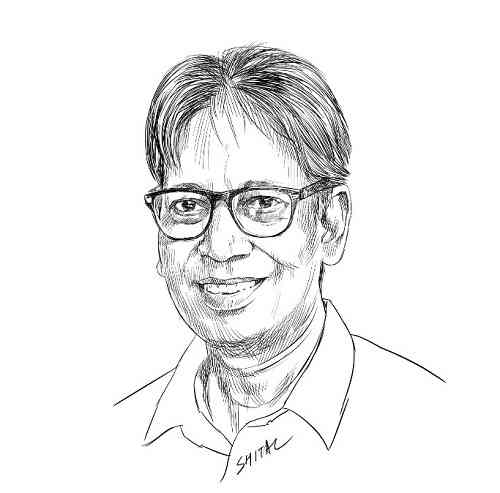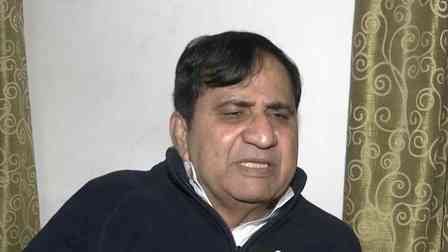OPINION: Right to Education Act- imagined dangers
The Author. Today is the third anniversary of Right to Education (RTE) Act, which was passed by the Indian Parliament on 4 August 2009 and India became one of 135 countries to make education a fundamental right of every child when the Act came...
The Author.
Today is the third anniversary of Right to Education (RTE) Act, which was passed by the Indian Parliament on 4 August 2009 and India became one of 135 countries to make education a fundamental right of every child when the Act came into force on 1 April, 2010.
This day reminds me the words of Prof Layola of France, “Give me first six years of the child and I care not where he spends the rest”. We can well imagine the importance of right to education at the initial stage from this quote to make the future of the nation safe.
But the teacher shortage and lack of educational infrastructure are the main reasons so far as promise of free and compulsory education to all children in the 6-14 age groups in India, are concerned.
According to the National Commission for Protection of Child Rights (NCPCR) Chief Monitoring Body, for the Right of Children to Fee and Compulsory Education Act, only 32 per cent cases of violation have been dealt with out of 3632 complaints received over the last three years leaving unattended 1191 case to the extent of 68 per cent.
The government is not serious about maintaining even the teacher-student ratio of 1:30 and rationalisation policy is only in papers. There are certain schools which do not have adequate teaching staff while certain schools are having over and above the norm.
The biggest challenge to implement the Right to Education is the shortage of qualified teachers besides infrastructure like toilets and clean drinking water in all schools. The position is such that in the remote area’s school, the things are not becoming worse but the progress of making the availability of infrastructure is very slow.
The other part is the quality of education which cannot be looked into in isolation because to ensure quality, other factors have to be considered, like good teachers. The quality of education provided by the government system remains in question. While it remains the largest provider of elementary education in the country forming 80% of all recognized schools, it suffers from shortages of teachers, infrastructural gaps and several habitations continue to lack schools altogether. There are also frequent allegations of government schools being riddled with absenteeism and mismanagement and appointments are based on political convenience. Despite the allure of free lunch-food in the government schools, many parents send their children to private schools.
There is still a lot of work to be done for better implementation of the RTE Act and it is felt that the education needs more investment not at par with defense but above because education is the only medium to maximise human potential to make the economy remain prosperous and competitive.
The stage of life between 6-14 years, being even more important than the primary stage, should be given utmost importance through well laid out syllabi, especially in view of a child’s future needs and purposeful training of teachers for attaining proficiency in 3 R’s (reading, writing and arithmetic).
If we are able to bring the maximum educated pass out by taking care of the imagined dangers, all other spheres can progress.
(Disclaimer: The views expressed by the author in this article are his own and do not necessarily reflect the views of City Air News.)


 cityairnews
cityairnews 









